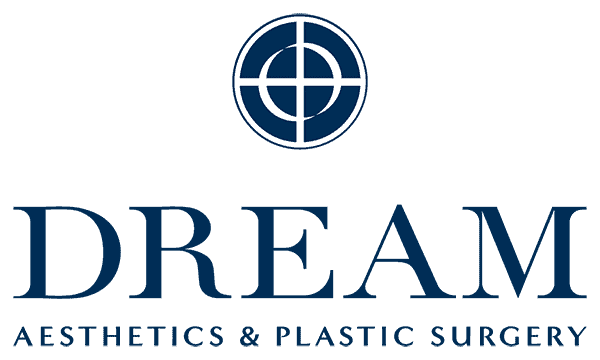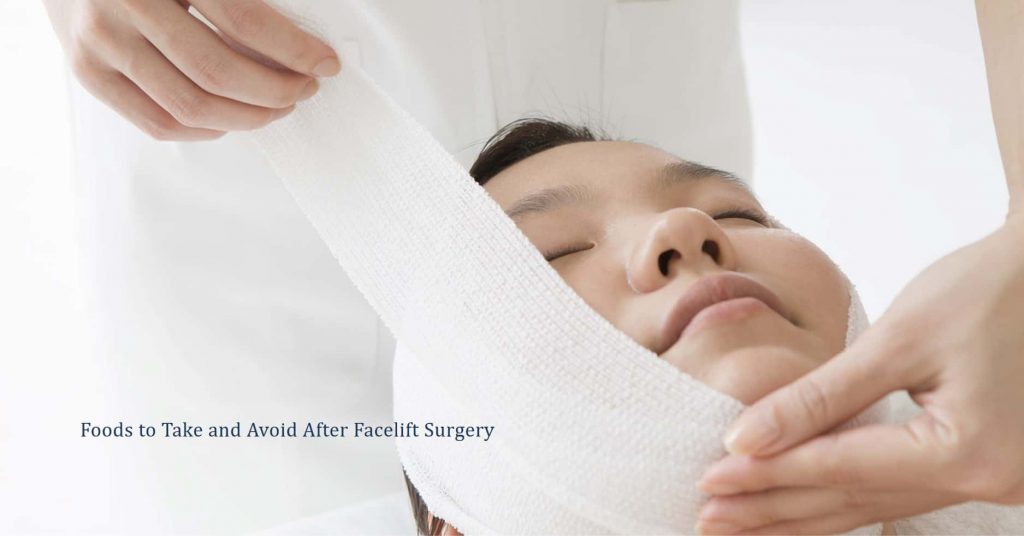A facelift surgery, also called rhytidectomy, is done to curb the signs of aging visible on your face and neck. Individuals with unwelcome wrinkles and sagging skin often opt for this surgery to achieve a youthful and rejuvenated look.
If you are someone who has had facelift surgery or are planning to undergo it anytime soon, it is important that you know what to expect after the procedure and things you should and shouldn’t eat after your surgery.
Although facelift surgery dramatically improves your appearance, making you look younger and more energetic, there may be some inconveniences, which include:
- Temporary swelling, soreness, numbness, tightness, tingling sensation, pain, or any other forms of discomfort may make it discouraging to take hard solid food.
- You have dressing or bandages on your face that you don’t want to spoil while eating.
- You’re afraid of making big movements such as opening your mouth when eating to avoid unintentional stretching of the stitches.
Despite all these inconveniences, the food you consume plays a significant role in your recovery speed. How quickly and efficiently your wounds heal depends greatly on your health and dietary habits.
Proper food intake will allow essential proteins that are needed by your skin for quick repair and rejuvenation. What’s more? Eating right can avert any complications, such as bruising of the skin, constipation, and high blood sugar.
Therefore, this article will discuss the foods that you should add to your diet and those that should be avoided after facelift surgery or thread lifting treatment for optimal healing.
How Can A Healthy Diet Speed Up My Recovery?
You are in the healing phase after undergoing a surgical facelift procedure. During this phase, healthy dietary intake would play a critical role in achieving optimal healing. Healthy food not only helps in wound healing but also keeps infection at bay.
The food you eat will provide the essential nutrients needed in high amounts, such as vitamins, minerals, calories, and protein.
 In case you are not taking sufficient healthy food, you will need supplements to make up for the nutrients. Consult your doctor about the type of supplements that will best suit your condition.
In case you are not taking sufficient healthy food, you will need supplements to make up for the nutrients. Consult your doctor about the type of supplements that will best suit your condition.
Foods to Take After Facelift Surgery – What to Eat and Their Benefits
During the first few days after your surgery, try sticking to liquids and semi-solids foods. Some good options and their benefits are as follows:
Soups – Most soups are cooked with a variety of vegetables, making them an excellent source of veggies. A bowl of soup several times a day offers anti-inflammatory properties and provides a boost to your immune system. You can add cabbage, ginger, seaweed, shiitake mushrooms for added minerals and vitamins.
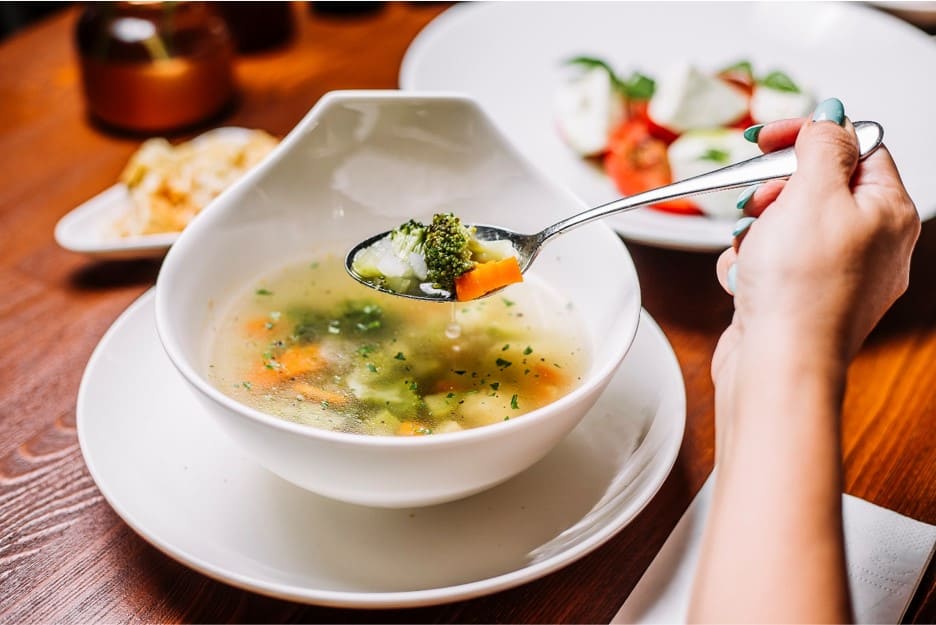 Juices – fresh fruit and vegetable juices like those made of apples, cranberries, and carrots can offer added minerals and vitamins. Vitamins, particularly vitamin C, plays a vital role in aiding your immunity.
Juices – fresh fruit and vegetable juices like those made of apples, cranberries, and carrots can offer added minerals and vitamins. Vitamins, particularly vitamin C, plays a vital role in aiding your immunity.
Pudding – Egg or fruit pudding is an excellent option for a nutritious replacement if you have a sweet tooth. It provides a surge of nutrients along with a good taste to fulfill your caloric and nutritional needs.
Yogurt – The ingredients in yogurt, including zinc and protein, provide potent wound healing properties. Experts recommend yogurt as a concoction for wound healing. It has a cooling effect for the stomach and serves as a good source of calcium.
Scrambled Eggs – Adding scrambled eggs to your diet, e.g., in breakfast, will offer you a good portion of protein intake. Eggs contain the nutrients needed for cellular growth and multiplication. This can help in the repair of your skin efficiently. You can also use poached or boiled eggs, or even in omelet form.
Applesauce – Applesauce is a form of cooked apple which is rich in antioxidants called phytochemicals. These antioxidants help in healing as well as keep the risk of heart disorders, diabetes, and cancers low. Preparing applesauce along with apple’s skin will preserve most of the antioxidants and other nutrients. However, you can also opt for ready-made applesauce. Its immune-boosting properties will help you in the healing process.
Mashed Potatoes – Along with having remarkable anti-inflammatory and immune-boosting properties, potatoes are rich in antioxidants and have excellent collagen-boosting properties. It is also rich in vitamin C and nourishes the skin from within.
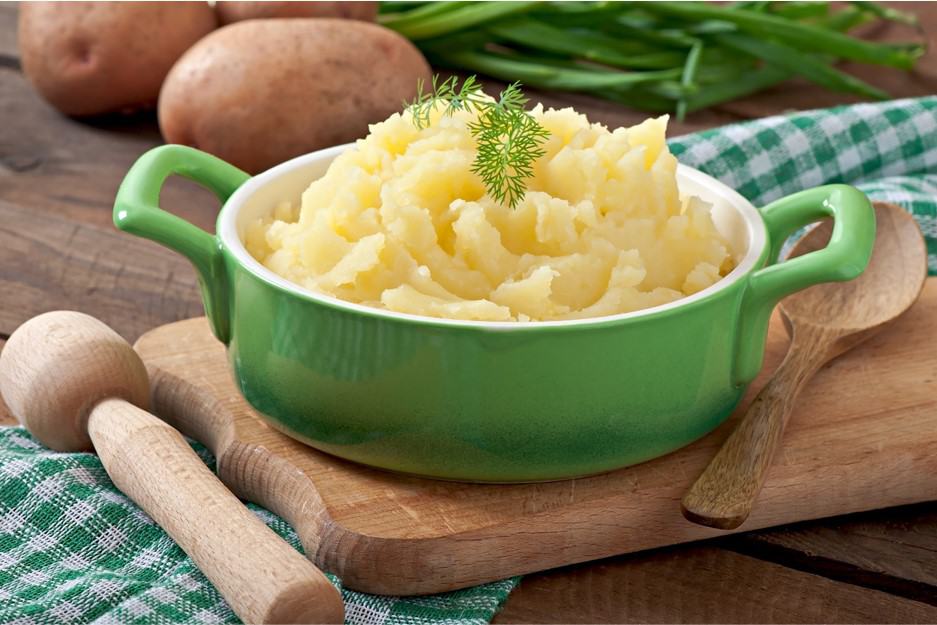 Some of the characteristic Korean foods that can help you heal better post-surgery include:
Some of the characteristic Korean foods that can help you heal better post-surgery include:
Seaweed Soup – Korean traditional seaweed soup is rich in iodine and is generally given to women who have just given birth to a child because of efficacy in decreasing swelling.
Pumpkin Porridge – Prepared from orange pumpkin, rice, salt, and sugar, Korean pumpkin porridge helps alleviate swelling because of its plentiful vitamin A content and potential diuretic effects.
Red Bean Porridge – made up of red beans and rice flour, red bean porridge is a traditional Korean dish. It is rich in potassium and vitamin B1 and is known for its effectiveness in decreasing swelling.
Watermelon Punch – Korean watermelon punch consists of sugar dissolved in cider or water along with watermelon slices. This drink eliminates body waste and decreases swelling due to its high potassium content. Alongside this, it is also a source of refreshment, especially in summers.
Corn Silk Tea – Made of corn silk, so-called because it comes from the threadlike fibers on an ear of corn. It is rich in potassium and is a potent natural diuretic and alleviates swelling.
Other foods recommended for the post-surgical period include the ones which are:
- High in fiber content (bananas, oats, barley, nuts etc.)
- Fruits with good antioxidant properties
- High protein diet such as lean meat
- Whole grains
Foods to Avoid After Facelift Surgery – What Not to Eat and Why It Hinders Recovery?
Processed Food – processed foods should be avoided as they are low in fiber and high in sugars and fats.
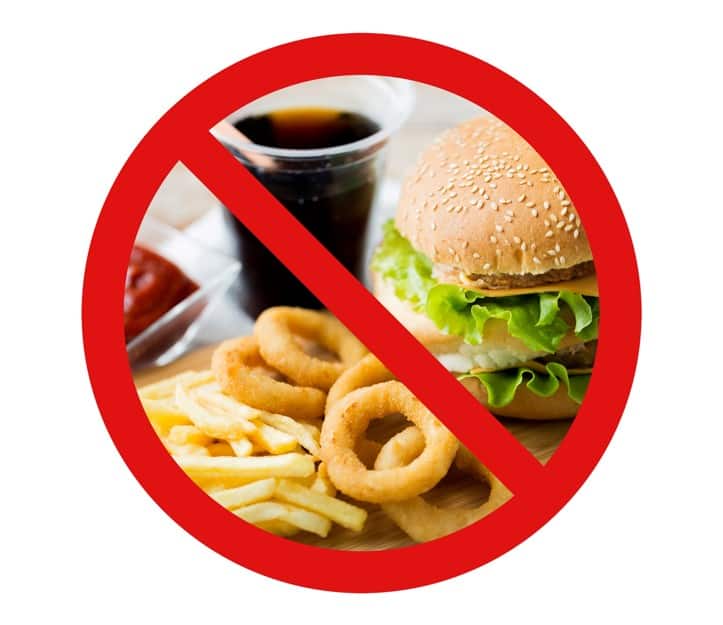 High-Sodium – avoid foods containing high salt or sodium content, as it might aggravate autoimmune diseases and disturb the sodium-potassium balance in the body
High-Sodium – avoid foods containing high salt or sodium content, as it might aggravate autoimmune diseases and disturb the sodium-potassium balance in the body
Alcohol – Since the main organ that detoxifies our bodies is the liver, this imposes an additional unnecessary burden on the liver. Thus, preventing efficient healing and rejuvenation of the skin.
Sugar – pastries, cakes, candies, desserts, and other foodstuffs containing processed sugars should be avoided as they have low nutritional value and hinder the normal healing process of our body.
You Become What You Eat!
During your postoperative period after your facelift surgery, what you eat resonates with how well you heal. Food does not only help you grow, but it also plays a crucial role in healing and recovery.
Although your consultant’s expertise and the success of the surgical procedure are important factors to a fast recovery, your healing process also depends upon your own habits.
The faster you want to recover, the more you should be committed to following a healthy dietary routine. Drink plenty of water to stay hydrated and eat healthily to optimize your body’s recovering potential.
About Dream Aesthetics and Plastic Surgery
Bespoke surgical for cosmetic or medical reasons is what Dream covers to bring out the beauty in every individual. Going beyond the aesthetics and working on physical anomalies are what we value the most in leading our patients to cherish self-improvement and confident lifestyles.
Derived from Associate Professor Vincent Yeow’s long-standing experience performing plastic surgery in Singapore, our treatment plans deliver physical remodelling in our patients’ favour. One of the notable treatments is a facelift, a surgical procedure designed to lift and tighten sagging facial tissues for a more youthful and rejuvenated appearance. By addressing skin laxity and deep wrinkles, this treatment restores natural contours, smooths fine lines, and enhances facial definition, delivering long-lasting and natural-looking results.
Most importantly, as a trustworthy plastic surgery and aesthetic clinic, we treasure positive and natural outcomes for each individual. We will ensure to deliver the beauty refinement of your dream without compromising your safety and privacy.
